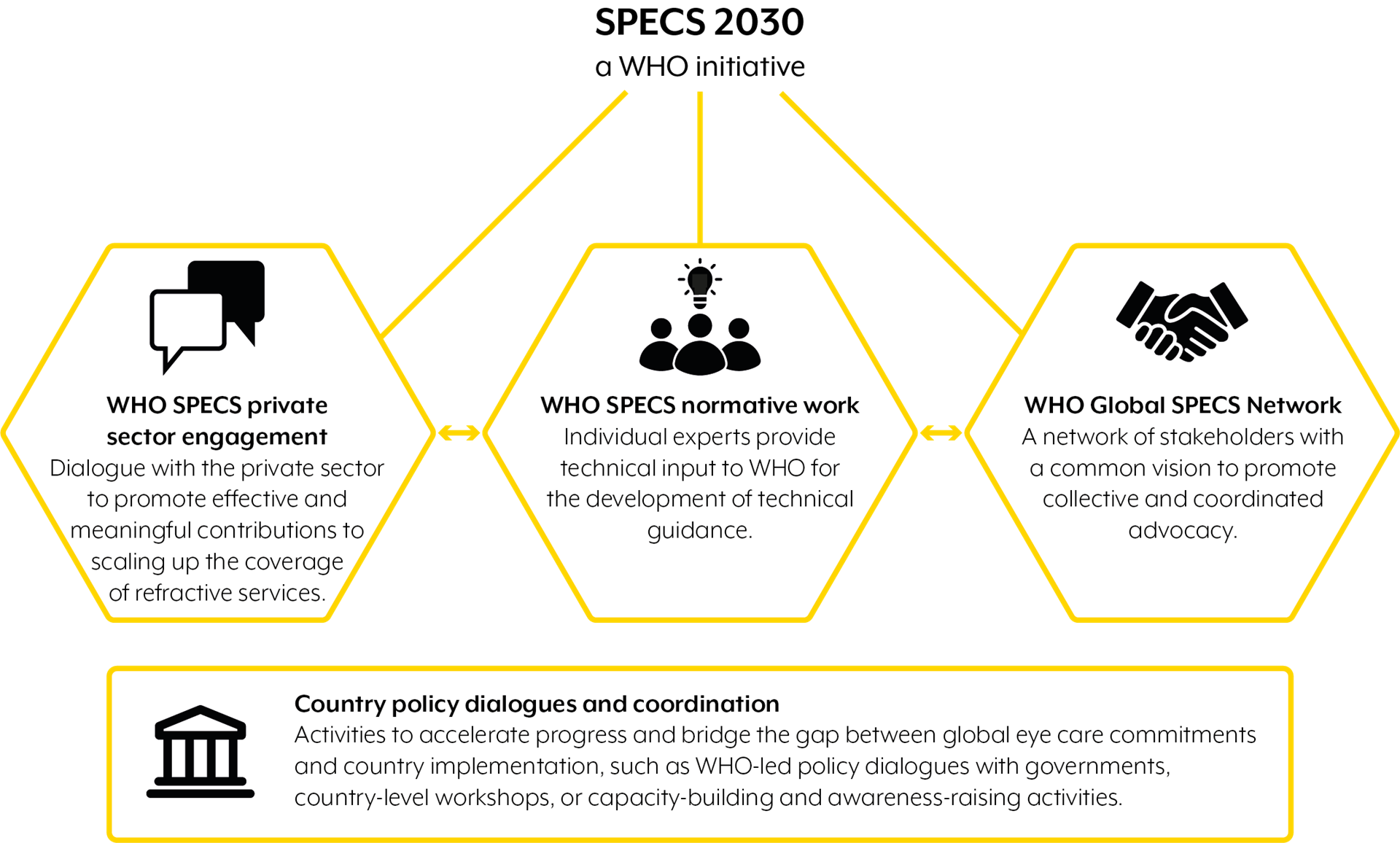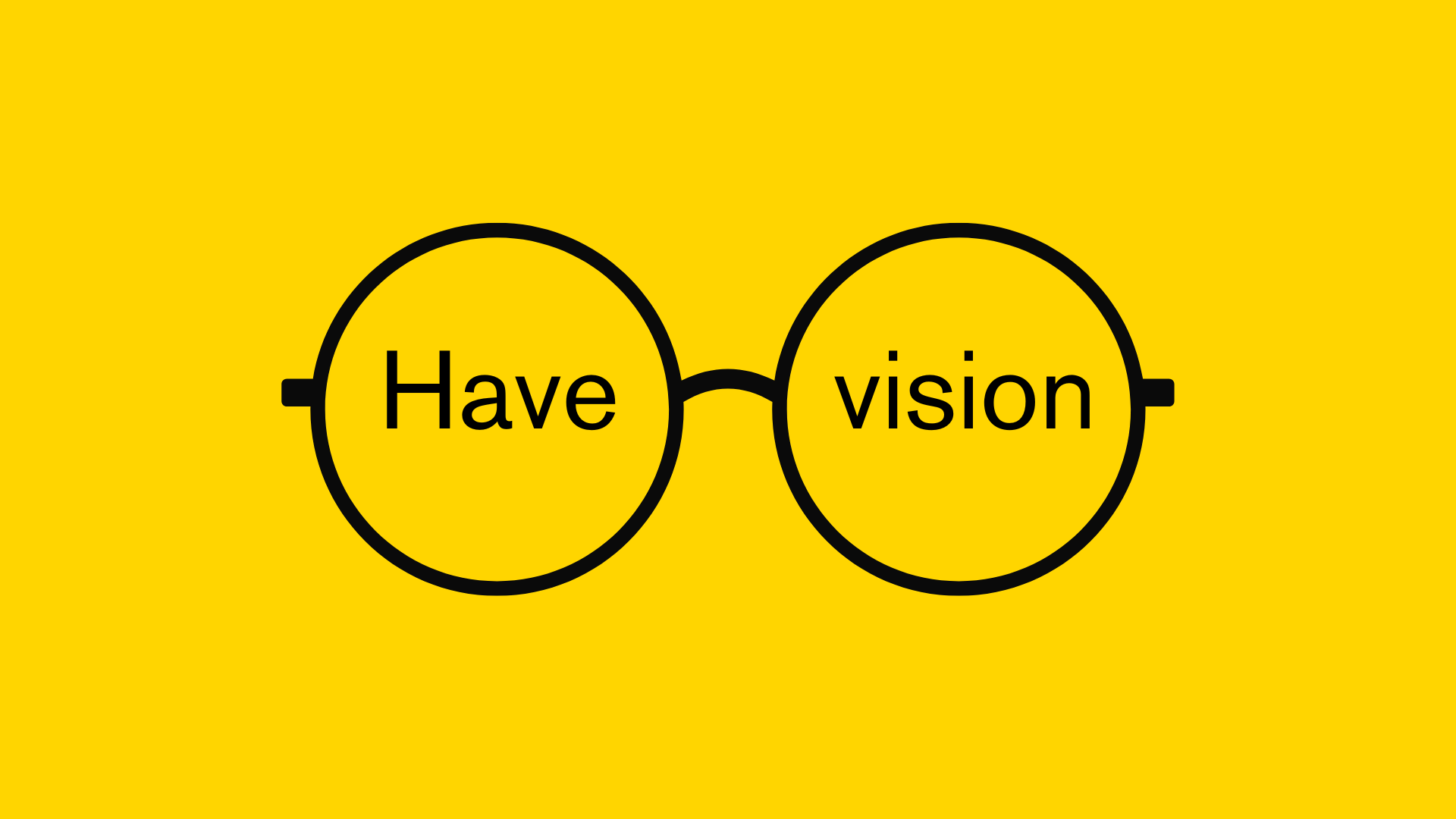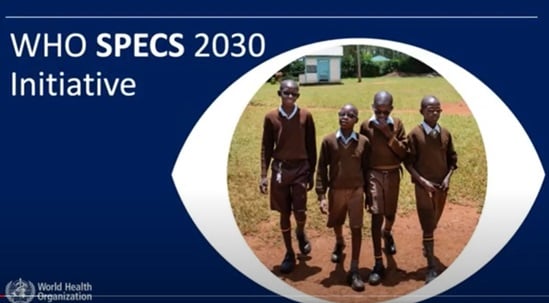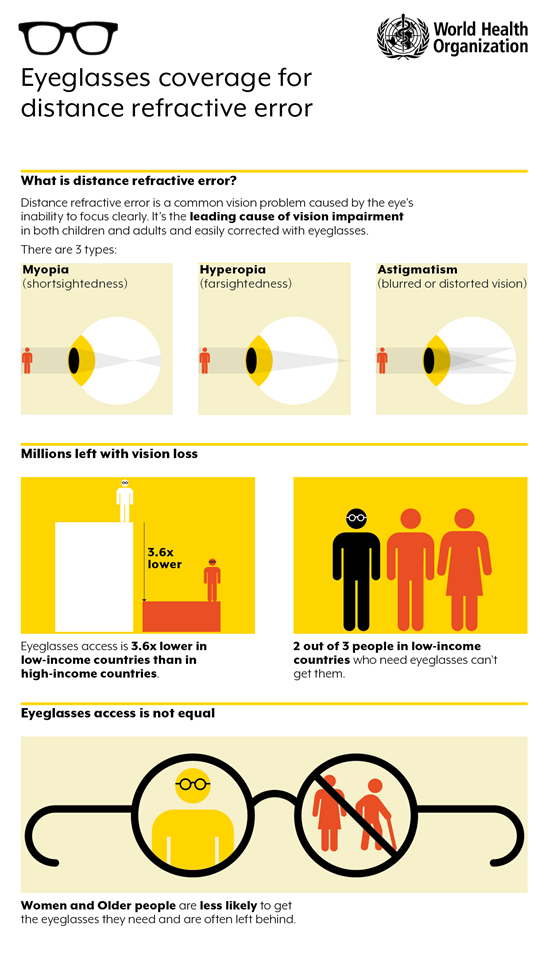If you would like more information please contact us by email.

SPECS 2030
Visually impaired pupil with other kids playing in the backyard of primary school
Vision and mission
Vision
WHO SPECS 2030 envisions a world in which everyone who needs a refractive error intervention has access to quality, affordable and people-centred refractive error services.Mission
The WHO SPECS 2030 initiative has the mission to support Member States with the achievement of the Seventy-fourth World Health Assembly endorsed 2030 target on effective refractive error coverage.
The initiative calls for coordinated global action amongst all stakeholders across 5 strategic pillars, in line with the letters of SPECS, to address the key challenges to improving refractive error coverage.

Why do we have the SPECS 2030 initiative?
Uncorrected refractive error is the leading cause of vision impairment in child and adult populations. It is estimated that 2 out of 3 people in low-income countries who need spectacles don't have access to them. In recognition of the large unmet need for care, coupled with the fact a highly cost-effective intervention exists (i.e. spectacles), WHO Member States endorsed the first-ever global target for refractive error at the Seventy-fourth World Health Assembly (2021). Specifically, the global target is a 40-percentage point increase in effective coverage of refractive error by 2030.
Engagement structure

News
Relevant WHO resources
The Summary guide on quality standards for spectacles simplifies global quality standards and provides practical guidance on best practices for dispensing...
Competency-based refractive error teams
The Competency-based refractive error teams (CRET) tool, developed by the World Health Organization (WHO), is a practical resource designed to support...
Unaddressed sensory impairments have far-reaching impacts on the lives of thoseaffected and their families. In children, sensory inputs from both vision...
Report of the 2030 targets on effective coverage of eye care
The Report of the 2030 targets on effective coverage of eye care intends to serve as a reference point to commence monitoring progress towards the 2030...
Eye care in health systems: guide for action
To address many of the challenges faced in the field of eye care – including inequities in access and lack of integration within the health system...
Myopia represents an important public health issue in the 21st century, affecting an estimated 2.6 billion people in 2020. Education campaigns play a vital...
Have vision stories
Poster exhibition
Videos
Infographics
Global meetings and events














